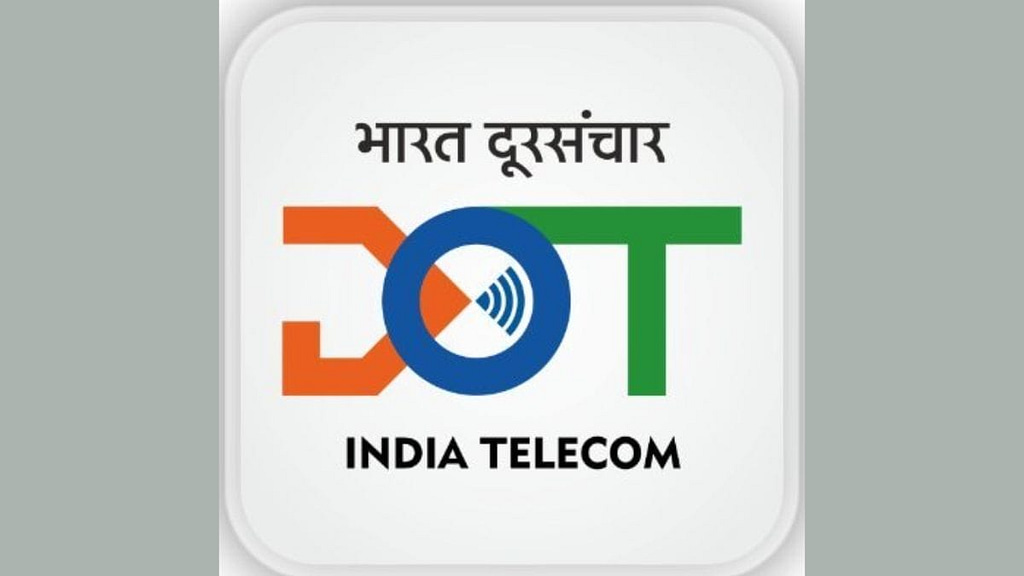The Department of Telecommunications (DoT) has formed a task force to propose additional incentives for domestic telecom chip manufacturers. The task force has recommended that the government provide incentives of up to 75% for the design and manufacturing of telecom chipsets. Currently, under an existing incentive scheme for semiconductor and display manufacturing, the government provides fiscal support of 50% of the project cost, which applies uniformly across all technology nodes.
Semiconductors are essential components used in various products, including mobile phones, electronic devices, and automobiles. The DoT task force aims to boost domestic manufacturing in the telecom sector and increase the value addition within the country.
While the semiconductor incentive policy is being drafted by the Ministry of Electronics and Information Technology (MeitY), the DoT has set up multiple task forces to recommend measures to enhance domestic telecom manufacturing. One of these task forces focuses on high-volume telecom chipset production within India. Chaired by Sanjay Nayak, co-founder of Tejas Networks, the task force consists of representatives from the industry, academia, and various government departments. It recently submitted its recommendations to the government.
In addition to the proposed incentives, the task force highlights the need for support in the fabless chip design of telecom chips to enhance domestic value addition. Initially, the focus will be on six types of telecom chipsets, including three used in consumer premises equipment (CPE) and three used in network communication modules. The task force estimates that the domestic market for telecom chipsets amounts to around $4 billion (approximately Rs 32,000 crore) and emphasizes the substitution of imported chips with Indian-made ones across fixed wireless access (FWA), routers, and 5G networks.
The task force also recommends identifying original equipment manufacturers (OEMs) in India to support the development of Indian chipsets. It suggests that the government implement domestic products for mission-critical and security-sensitive projects. Furthermore, the task force advocates for incentivizing telecom operators to procure domestically designed and manufactured products.
In terms of telecom equipment export, the government is considering the introduction of a national champions policy. This policy would involve support from the Ubharte Sitaare Programme (USP), which identifies Indian companies with significant export potential. The task force on export promotion suggests establishing telecom equipment testing infrastructure in key manufacturing clusters and reducing logistics turnaround time in ports and airports to facilitate exports.
By providing additional incentives, supporting fabless chip design, and promoting the use of domestic products, the DoT aims to bolster the telecom manufacturing ecosystem in India. These measures align with the growing global demand for telecom equipment and the country’s potential to become a major player in this sector.










